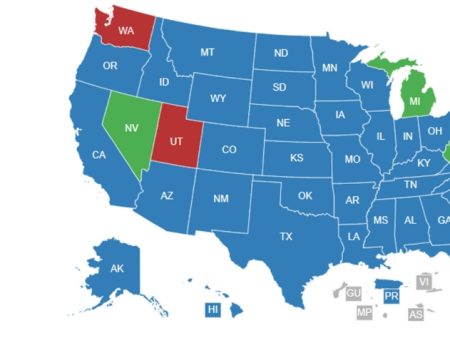A report from Belgium warns the negative impact of excessive regulation on channelization.

Belgium introduced a near total ban on gambling advertising on July 1 of last year. After a pool of sports teams and gaming operators lost a last-ditch legal bid challenging the royal decree.
With Belgium gambling trade body Bago highlighting the government’s decision to act against the advice of the country’s Gambling Commission when imposing the ban, the ban faced backlash.
Gaming1‘s report now outlines the impact of the royal decree on channelization towards legal operators in Belgium.
Gaming1 pointed out surveys conducted by Nepa last year. The studies revealed a 6% increase in online players using an illegal website in the past three months following the royal decree. In addition to this, a 4% increase on deposits made on illegal gaming websites.
Gaming1 highlighted the results of two major studies in its report. The first from the BGC or Belgian Gaming Commission. It has a blacklist of 500 illegal sites to date. Next report from Yield Sec reveals a 4.4-fold increase in illegal operators last year. Yield Sec identified 2,214 sites.
Gaming1 said it was now more important than ever to combat illegal play with a busy sporting summer coming up.
Nonetheless, this could prove challenging. Gaming1 outlined bigger winnings, ease of access and the possibility of playing under the legal age requirement of 21-years-old as key attractions for the black market.
In result to this, when playing with illegal operators, players are being put at risk. There is also no safety net or responsible gaming system available to protect them from harm.
Illegal sites are prevailing too. A survey from IPOS and BGC or the Belgian Gaming Commission found that four of the top 10 best-known gaming websites in the country are illegal.


